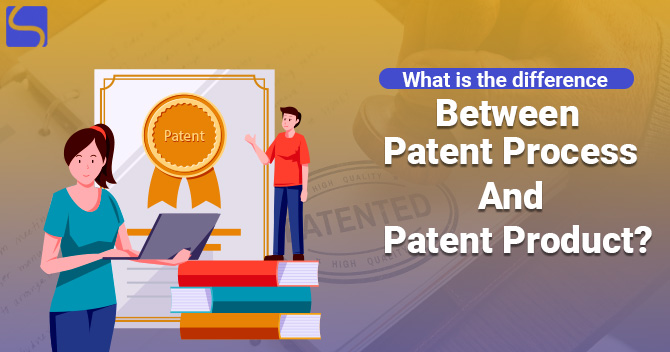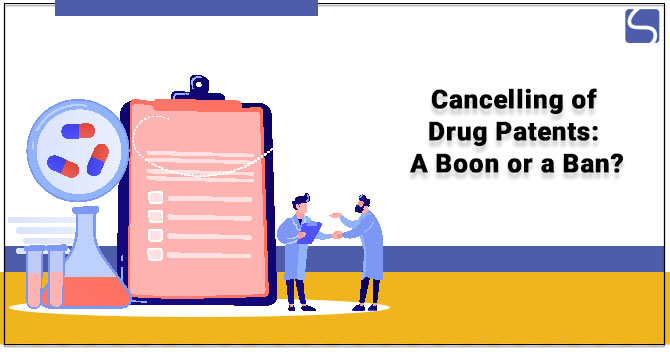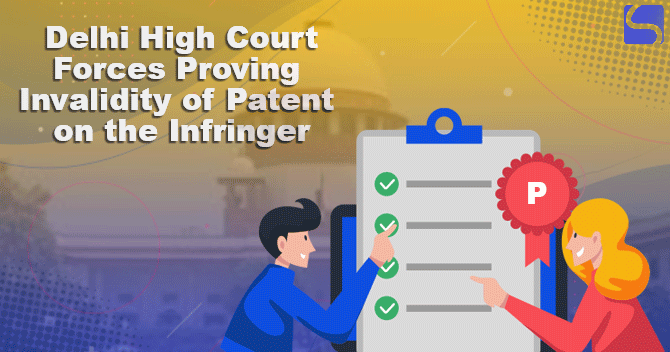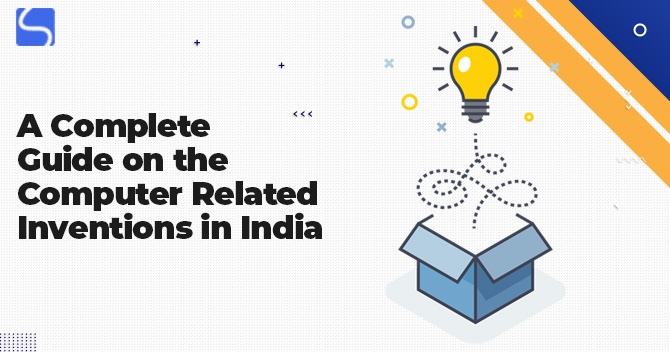What is the difference between patent Process and patent product?

Siddharth Verma | Updated: Nov 12, 2021 | Category: Patent
A product patent is a regime that protects a patent product. It provides the original creator with extensive protection to prevent competition for identical products. On the other hand, a process patent covers how a product is manufactured rather than the product itself. It decreases the market’s monopolistic character. Because India is a signatory to the TRIPS Agreement, all members must change their patent regimes from process to product patents.
Gist about patent process and patent product- A patent product is issued to the product’s original creator, whereas a patent process is given to a specific procedure rather than the finished product.
Table of Contents
Meaning of Patent
A patent is an original document issued by the patent office to an inventor to protect the subject matter under consideration. Explained, a patent is a government-granted exclusive right to an inventor that prevents others from using the invention without his permission. A patent is a lawful document that protects an innovation. A patent, on the other hand, will only be awarded if it meets the patentability requirements. These patentability criteria are universal, with minor variations in how they are interpreted.
An original patent shall full fill the following conditions:
- The invention must be new and original, which means it must not already be on the market.
- The Patent must be novel;
- The innovation must be in a genuine manner, which means that it cannot be employed primarily for illicit purposes and must be valuable to the world in a legitimate form.
What is patentable?
The exclusions limiting India’s patented are clearly stated in Sections 3 and Section 4 of the Indian Patents Act, 1970[1]. Several circumstances must be met for this to happen and get a patent in India.
Patent Subject- The most critical factor to evaluate is whether or not the invention relates to a patentable subject matter. The non-patentable subject matter is included in Sections 3 and 4 of the Patents Act. Unless the invention falls under one of the provisions of Sections 3 or 4, it is a patentable topic.
Novelty- When it comes to assessing the patentability of an invention and inventiveness is a crucial factor. According to Section 2(l) of the Patent Act, a novelty or new invention is “no innovation or method published in any document before the date of filing of a patent application, whether in the country or the globe.”The full specification, that is, the subject, wherever in the nation or the world,” according to Section 2(l) of the Patent Act. The entire specification, i.e., the subject matter, has not been released into the public domain or is not considered state-of-the-art.”
What are Patent Process and Patent Product?
Product patent regime- The Patent is issued to the product’s original inventor under this system. When a product patent is granted, no one else may make the same product using the same or any different process than the creator. The inventor of a product patent has a ‘True Monopoly’ right. When compared to process patents, product patents are thought to provide a better level of protection.
Process Patent regime- As the name implies, a process patent is given to a specific method rather than the final product created due to that process. The safeguarding is seen as a limited patent. This is because any other manufacturer or innovator may utilize a different technique to generate the same product. A process patent provides the inventor with a limited level of protection. As a result, there’s a reasonable probability that competitors may reverse engineer the product. A single product might also have many method patents.
Consequences of the patent process and patent product Regime
When product patents were first established in 2005, several difficulties arose: Patenting a product is a profit-driven model. When a patent is granted to a product, the inventor is granted a Monopoly Right. Other manufacturers will be unable to sell or use the product due to product patents. This might result in a monopoly in the economy, as well as price inflation. The general dynamics of the market changed as a result of this regime. Implementing a product patent regime in India is considered financially advantageous, and the country has seen an influx of global corporations.
Conclusion
A product patent assures that the finished product is safe. Any individual who does not have the patent holder’s authorization may be barred from producing, importing, selling, or using identical products, even if they were created using a different procedure. On the other hand, a process patent assures that a person cannot utilize the same patented technique for production. Anyone, at any time, can make the same product using a different method by adjusting key process parameters, and any rules do not bind him. Being a developing country, is also in favor of issuing both patent process and patent product, with a preference for process patents. The reason for this is that the government must establish legislation only after thoroughly analyzing and comprehending the country’s situation rather than just following the lead of industrialized countries. The sole dependence on process patents creates a dilution in the protection of an inventor’s right. It leads to the invention of the same product, but through different processes.
Read our Article:What are the Common Mistakes While Filing Patents?














